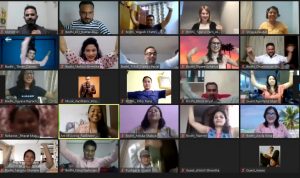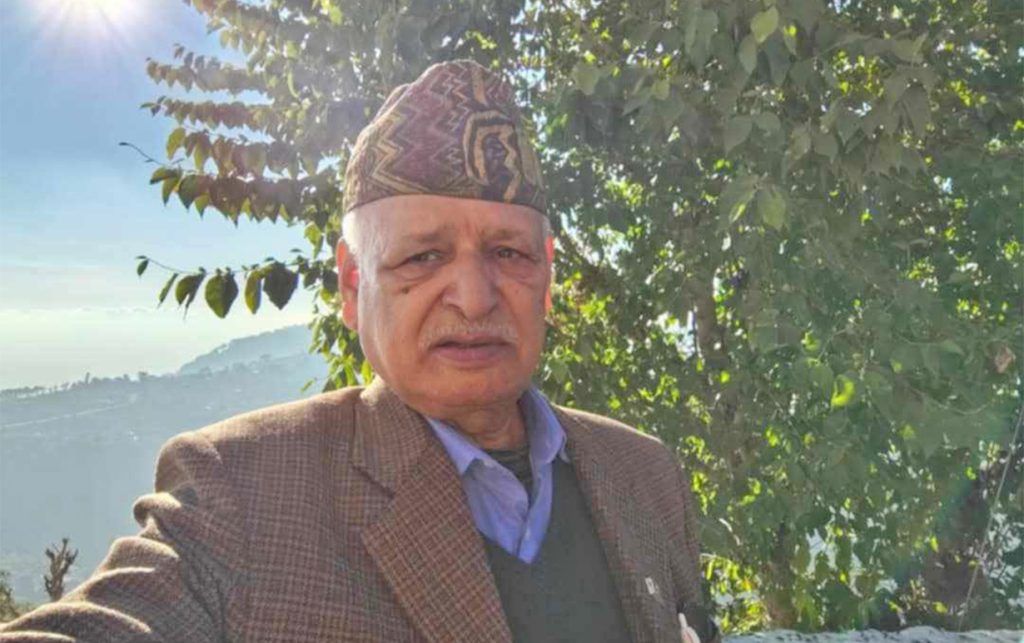In his best-selling book Atomic Habits, James Clear explains habits are affected by our environment. If we are trying to read more books, having books in different rooms of our house can be a cue for our mind to read; placing notebooks and pens around the room can be a cue to write.
If you are trying to become a better leader and communicator, that too begins with a habit. And, Toastmasters might be your cue for that.
While we might have always heard that communication and leadership are essential skills, we may not have always found the right environment to practise them. Moreover, these skills are something that we get better at by doing. We might fumble and fall at the start, thus making the first step daunting and intimidating. And, this is where the environmental cue plays an even more crucial role. At weekly Toastmasters club meetings, you are welcome to go blank and forget your lines as long as you try and take that first step.
For me, this has been a cue to experiment with speechcraft and more. I have given speeches with butterflies, boxes, and glasses. I have set up the keyboard and played Mozart for the audience as a part of my speech. I have donned a magic hat and performed tricks that I forgot halfway. Some of them worked, some of them did not.

When I found myself in an environment with leaders, the next cue was to work on my leadership skills as I took up the role of a club executive committee member. In between leadership roles, meetings, and actions, I had the chance to reflect on my strengths and weaknesses as a communicator and leader. In 2019/20, when I had the opportunity to serve as the division editor for Nepal, my connection with content deepened even further. On this journey, many doors unlocked themselves, and it was a nudge to open them, both on personal and professional fronts.
The philosophy of Toastmasters is broad, but if I were to take the liberty to write it from my experience, I would say it is the opportunity to try. With Pathways, the education programme of Toastmasters, the cues are countless. The ability to think on your feet, the agility to spot commendations and recommendations, and the adaptability to craft different speeches become transferable skills. Once you know what works and does not work for you, the lessons become inseparable. You take it back with you, at home, at work, and everywhere else you go.
With a history of over 95 years, there are many facets to explore at Toastmasters. You might want to dive in for the pearl, or you might want to dive in for a swim, it would depend on your goals, but perhaps the most important thing you will find here is the environment to build yourself. Can Toastmasters be your cue to all these and more? Only you can tell.




















